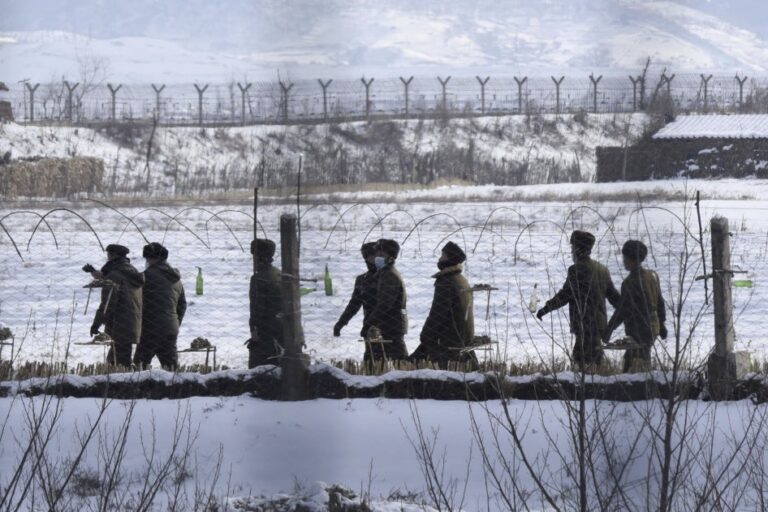
Human Rights Watch reported through its World Report 2024 that the North Korean government in 2023 continued to use the Covid-19 pandemic as a pretext to maintain «shoot on sight» orders on its northern border to restrict movement, maintain trade restrictions, and strengthen ideological control. The government’s repressive policies deepened North Korea’s isolation while worsening the country’s humanitarian crisis.
The excessive and disproportionate restrictions imposed during the Covid-19 pandemic have compounded the effects of decades of the North Korean government’s violations of the rights to food, health, and to an adequate standard of living; and to freedom of expression and movement. The restrictions have severely impaired market activities that people need for their livelihood, and to obtain food and essential goods. As North Korea’s economic and humanitarian situation worsened, the government continued to spend vital resources to prioritize its weapons development program, conducting over 30 missile tests between January and September.
The government also continued to ramp up ideological control during 2023, banning the use of language that has South Korean or foreign influence. Foreign media outlets reported public trials in the border region targeting youth watching unsanctioned videos and using South Korean language. The authorities maintained its 2020 shoot-on-sight orders for any person or animal trying to cross its northern border without authorization. While the government announced the reopening of its borders in August, most diplomats and international aid workers are still unable to return to the country. Although official trade increased, it remained lower than before the start of the Covid-19 pandemic.
The authorities also increased controls on domestic distribution of products and unsanctioned market activity. Major droughts in March and April, and flooding in August, exacerbated the effects of these actions.
